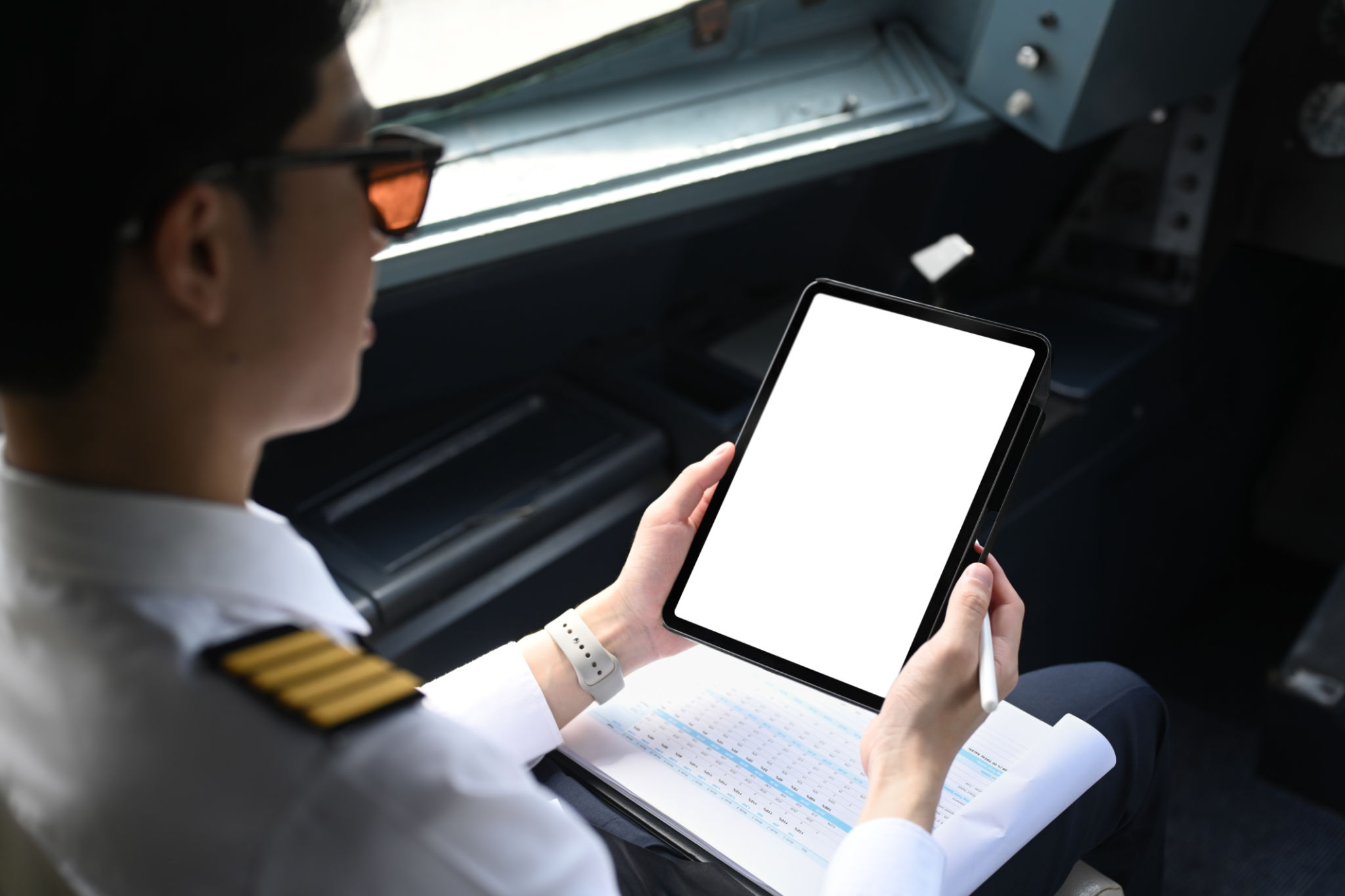Maximizing Your Flying Experience with Digital Flight Logbooks
Embracing the Digital Era in Aviation
As technology continues to advance, the aviation industry is rapidly adapting to digital solutions that enhance the flying experience. One such innovation is the digital flight logbook, which is transforming how pilots manage and maintain records. By transitioning from traditional paper logbooks to digital platforms, pilots can enjoy a range of benefits that streamline their operations and improve efficiency.
Digital flight logbooks offer an intuitive and user-friendly interface that simplifies the process of logging flights. Pilots can effortlessly input data, track hours, and monitor their progress towards specific certifications. This modern approach not only saves time but also reduces the margin for error associated with manual entries.

Key Benefits of Digital Flight Logbooks
Enhanced Accuracy and Security
One of the primary advantages of digital flight logbooks is the enhanced accuracy they provide. By eliminating manual entry, the risk of errors is significantly reduced. Furthermore, these platforms often include verification features that ensure data integrity, offering peace of mind to pilots who rely on precise records for their careers.
Security is another critical aspect where digital logbooks excel. With features such as cloud storage and data encryption, pilots can rest assured that their information is safely backed up and protected from unauthorized access. This level of security is difficult to achieve with traditional paper logbooks.

Streamlined Data Management
Digital logbooks allow for seamless data management by providing easy access to historical flight information. With just a few clicks, pilots can retrieve specific entries, compile reports, and share data with relevant authorities or employers. This capability is particularly beneficial for commercial pilots who need to submit detailed records for verification and compliance purposes.
Moreover, many digital platforms offer integration with other aviation software, such as scheduling and maintenance systems. This connectivity facilitates a more holistic approach to managing a pilot's professional life, ensuring that all necessary information is interconnected and easily accessible.
Leveraging Technology for Professional Growth
Tracking Progress and Achievements
Digital flight logbooks provide pilots with powerful tools to track their progress and achievements over time. Many platforms offer analytics features that visualize flight hours, types of aircraft flown, and other relevant metrics. Pilots can use this data to identify areas for improvement and set goals for their professional development.

The ability to generate comprehensive reports also aids in career advancement. When applying for new positions or promotions, pilots can present detailed records that demonstrate their experience and qualifications. This level of documentation can be a significant advantage in a competitive job market.
Environmentally Friendly Solution
Transitioning to digital flight logbooks is not only beneficial for pilots but also for the environment. By reducing the need for paper and ink, digital solutions contribute to a more sustainable aviation industry. This shift aligns with broader efforts to minimize the environmental impact of aviation activities.
In conclusion, embracing digital flight logbooks is a step forward in maximizing the flying experience. From enhancing accuracy and security to promoting professional growth and sustainability, these innovative tools are reshaping how pilots navigate their careers in the modern age. By adopting digital solutions, pilots can focus more on what truly matters – flying safely and efficiently.
